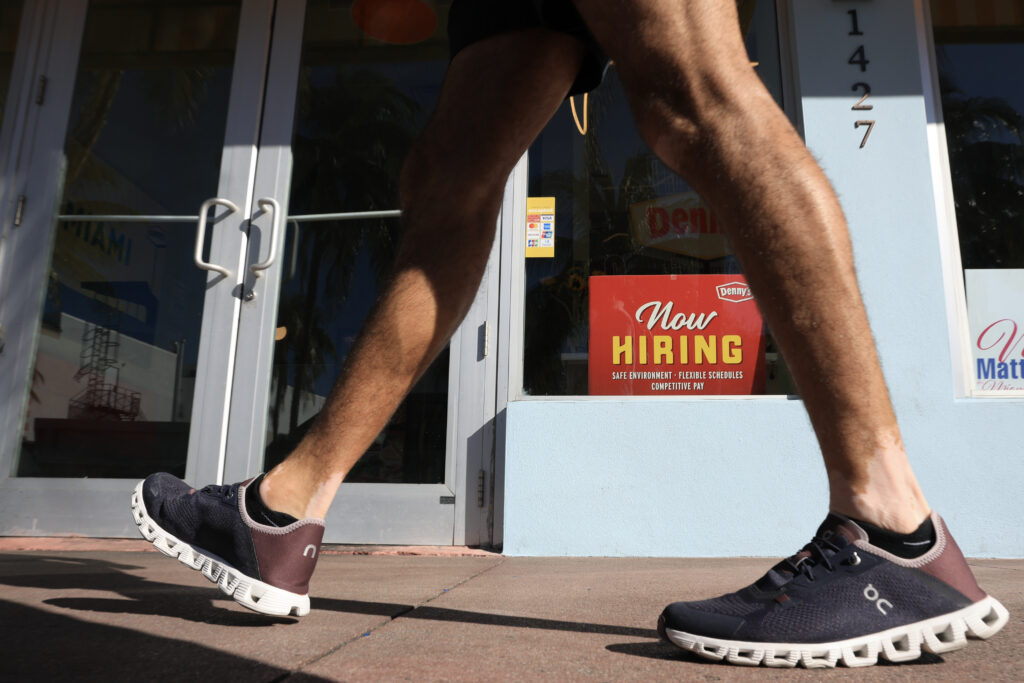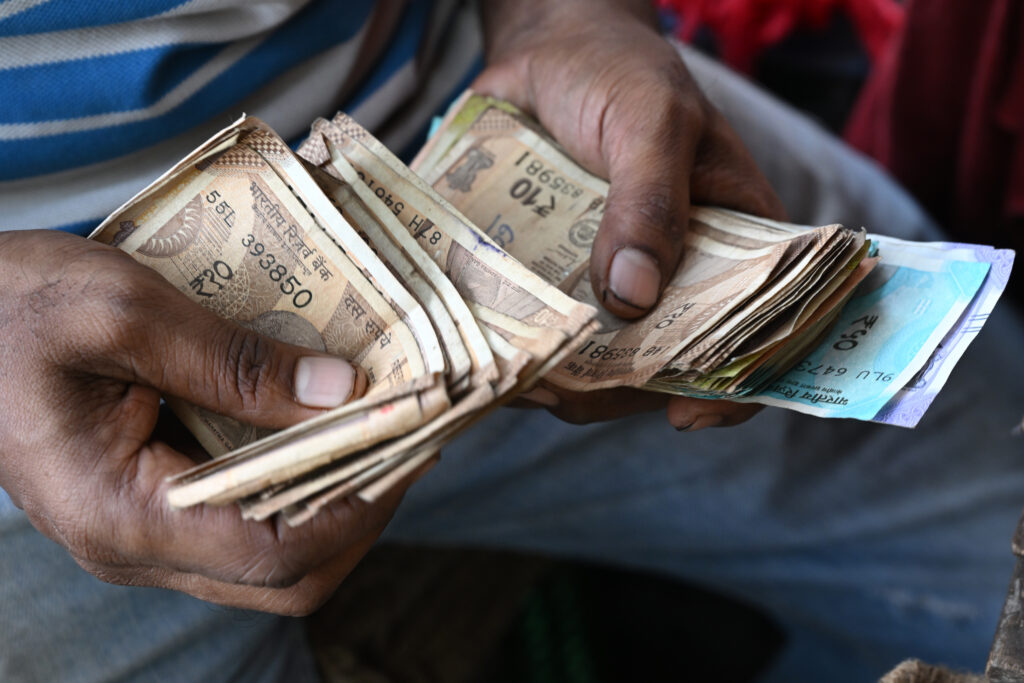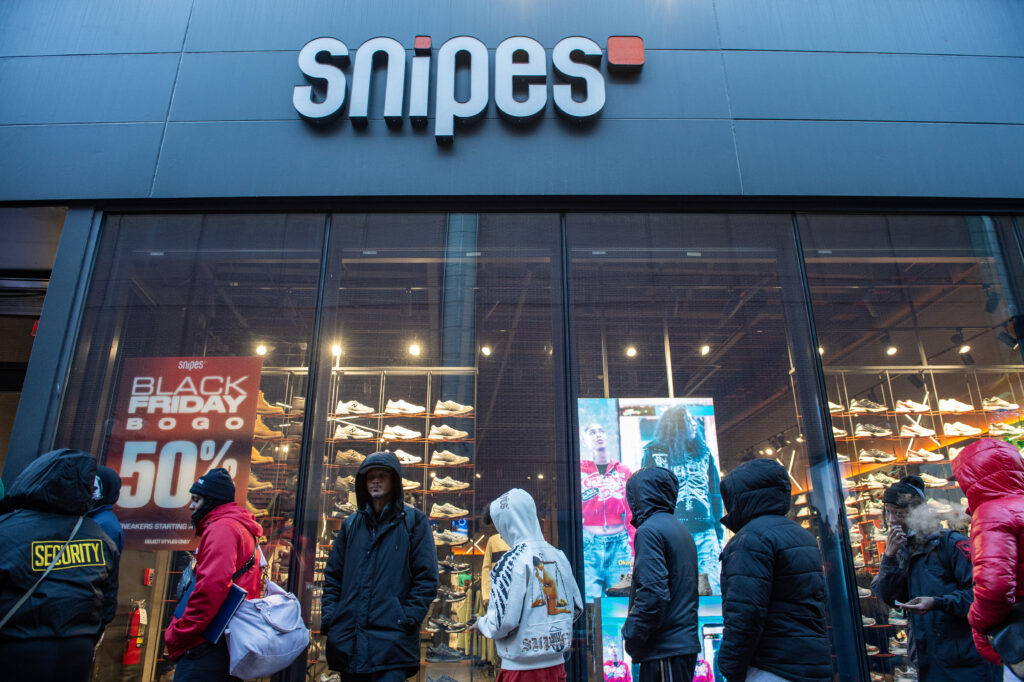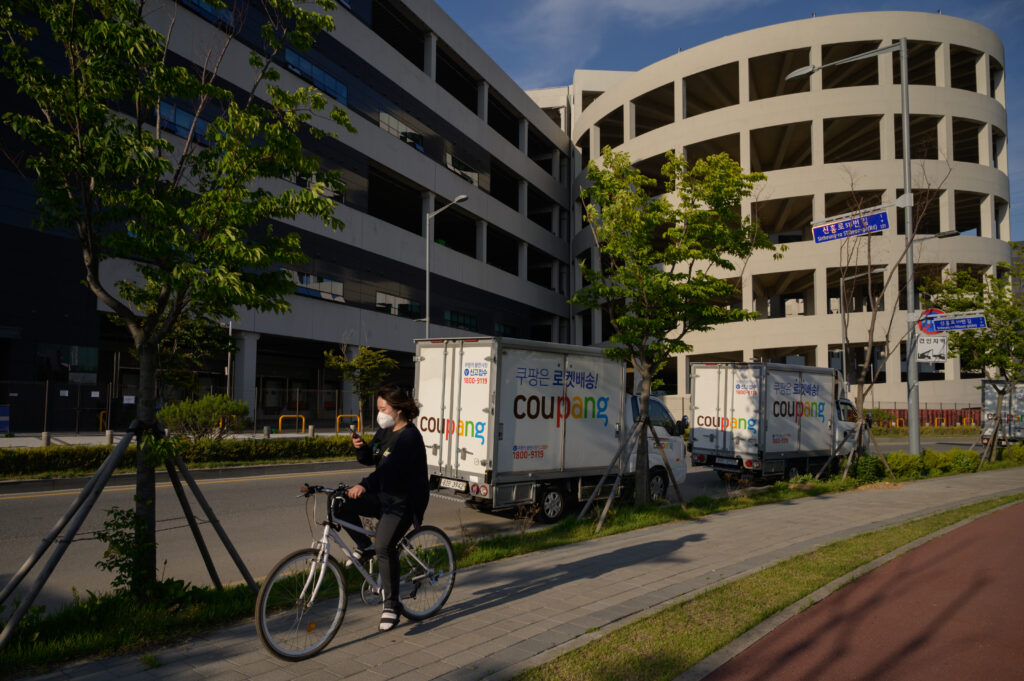Most Asian markets rise as traders await key US data
Asian markets mostly rose Wednesday following a resumption of Wall Street’s rally, but gains were muted as investors await the last tranche of US data before next week’s Federal Reserve meeting.With a third successive interest rate cut already priced in, trading has softened ahead of key indicators this week that could still play a role in the central bank’s planning over the next year.Most in focus are the private jobs report from payrolls firm ADP, which is due later Wednesday, and Friday’s personal consumption expenditure (PCE) index, which is the Fed’s preferred gauge of inflation.Money markets have put the chances of a December 10 cut at around 90 percent, with another three forecast by the end of next year.The optimism has also been boosted by reports that President Donald Trump’s top economic adviser Kevin Hassett — a proponent of more reductions — is the frontrunner to take the helm at the Fed when Jerome Powell’s tenure ends in May.But while a number of bank decision-makers have thrown their hat in the ring for a reduction, observers said there appeared to still be some differences on the policy board about the need to target the soft labour market or stubbornly high inflation.And Andrew Brenner at NatAlliance Securities said this could lead to a “hawkish cut”.IG market analyst Fabien Yip wrote: “Friday’s core PCE index represents the final major inflation gauge before the Fed’s December policy meeting.”Any deviation could alter expectations regarding the Fed’s policy stance, particularly as the central bank weighs inflation persistence against a softening labour market.””The release of personal income and spending data alongside the PCE will provide additional perspective on consumer resilience,” Yip said.While calls for a rate cut have been driven by worries over the jobs outlook and signs the world’s top economy was slowing, the National Retail Federation provided some early festive cheer by releasing an upbeat appraisal of the “Black Friday” holiday shopping weekend.A record 202.9 million consumers shopped over the five-day stretch, topping estimates, the NRF said, adding that the reading “reflects a highly engaged consumer”.All three main indexes on Wall Street ended in the green, and most of Asia followed suit.Tokyo piled on more than one percent with Seoul, while Sydney, Singapore, Wellington, Taipei and Jakarta were also up.Hong Kong, Shanghai, Mumbai, Bangkok and Manila fell.London opened in the red, while Paris and Frankfurt rose.Bitcoin climbed back above $90,000, recovering from this week’s swoon that saw it lose almost 10 percent amid a risk-off start to the week for risk assets.However, sentiment in the crypto sector remains soft after the unit plunged last month to as low as $80,550, having hit a record above $126,250 in October.The Indian rupee weakened past 90 per dollar for the first time, extending declines through the year as New Delhi struggles to strike a trade deal with the United States.Dilip Parmar, an analyst at HDFC Securities, told AFP the rupee’s fall was “first and foremost” an “imbalance of demand and supply” with foreign fund outflows and trade deal uncertainties adding fuel to the fire.But another key factor, Parmar added, was a lack of “big and impactful” interventions from India’s central bank.Analysts believe the Reserve Bank of India has this year sporadically defended the rupee through aggressive dollar sales to support key levels, but also appears of late to be allowing greater currency flexibility.”Defending a specific level in the current macro backdrop would be costly and counterproductive,” Raj Gaikar, research analyst at SAMCO Securities, told AFP.”With inflation running well below earlier expectations, the policy priority has shifted toward supporting growth rather than expending reserves to hold an artificial line,” he said.- Key figures at around 0815 GMT -Tokyo – Nikkei 225: UP 1.1 percent at 49,864.68 (close) Hong Kong – Hang Seng Index: DOWN 1.3 percent at 25,760.73 (close)Shanghai – Composite: DOWN 0.5 percent at 3,878.00 (close)London – FTSE 100: DOWN 0.1 percent at 9,694.82 Dollar/yen: DOWN at 155.71 yen from 155.86 yen on TuesdayEuro/dollar: UP at $1.1643 from $1.1622 Pound/dollar: UP at $1.3242 from $1.3209Euro/pound: DOWN at 87.92 pence from 88.00 penceWest Texas Intermediate: UP 0.5 percent at $58.95 per barrelBrent North Sea Crude: UP 0.5 percent at $62.74 per barrelNew York – Dow: UP 0.4 percent at 47,474.46 (close)







